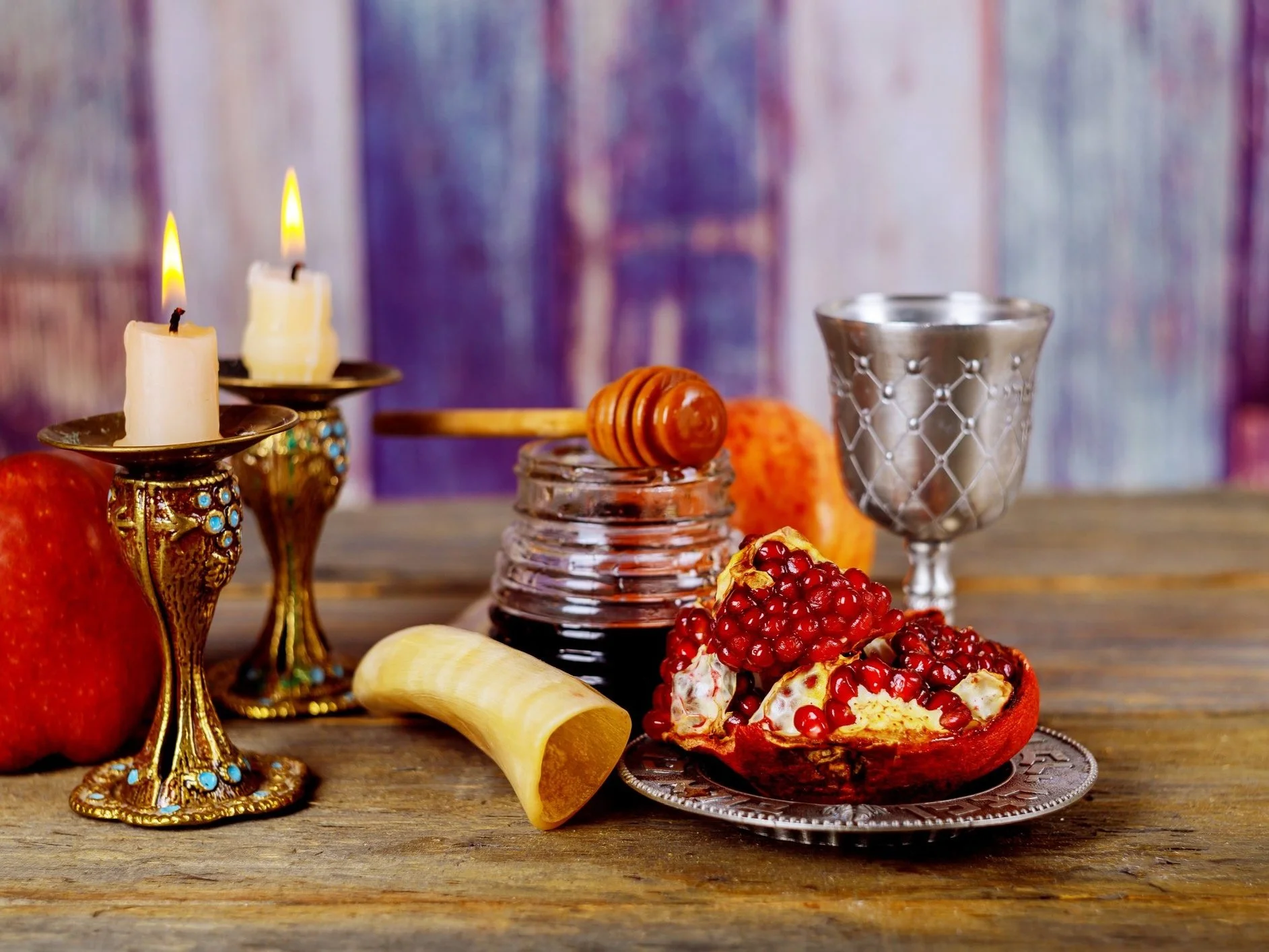This year, the first day of Rosh Hashana will fall on Shabbat, and there are many special considerations that we need to be aware of and to prepare ourselves for.
We need to prepare a candle that will last for 48 hours so that we can use it to light the candles of the second day of Rosh Hashana and to rekindle the stove in case it goes out.
We also need to light two candlesticks - one for Friday night and the second for Motsei Shabbat. The first night, the women say, "l'hadlik nair shel Shabbat v'Yom Tov," and the second night, "l'hadlik nair shel Yom Tov."
If the ladies do not pray Aravit or say "Ytodiainu" in Shemona Esrei, they need to say "l'havdil bain kodesh l'kodesh" on Motsei Shabbat.
We go to shul and pray Mincha like any other Mincha. The Ben Ish Chai says we should pay extra attention for this is the last Mincha of the year.
We say Kabbalat Shabbat, but not the Mishnayot of Bamei Madlikin.
After Kabbalat Shabbat, we say the famous poem "Achot Ktana."
The Ben Ish Chai says that Tashlich should be said on the first day of Rosh Hashana even if the day falls on Shabbat, and if there is a concern of carrying books outside the eruv, we should say Tashlich without books, saying from memory: "mi El kamocha, etc. Vtashlich bmtsolot yam Kal chatatem." Ashkenazim, howeve,r say Tashlich on the second day.
The two days of Rosh Hashana are considered one long day, and we're not allowed to prepare from one day to the second. This applies even when both days are weekdays, so especially more so from Shabbat to Yom Rishon (and that's why we also don't make eruv tavshilin, because we don't prepare from Shabbat to weekdays). We therefore must be careful not to prepare the table or food on Shabbat for the second day of Rosh Hashanah on Motsei Shabbat. But one may organize the table to make it look nice for Shabbat.
This year, there is a special Kiddush we say on the second day of Rosh Hashana because it is on Motsei Shabbat. This Kiddush contains five blessings. The first is wine, the second is Kiddush, the third is on a candle (one must look at the candles lit by one's wife), the fourth is Havdala, and the fifth is Shechechianu.
The special customs for Sephardim on Rosh Hashana are as follows:
We have a special prayer before Kiddush, and it is very important to read it as we begin the new year.
We dip bread in salt even on Rosh Hashana because it is very important according to Kabbala. Some have the practice of dipping one side in salt and the other in sugar or honey.
Most Sephardi women do not say Shechechianu over the lighting of the candles.
Many Sephardim do not dip the apple into the honey, but rather they dip it into sugar.
Many Sephardim do not eat the head of the fish - "dag" in Hebrew - because the word "dag" is too similar to "daaga," meaning to worry, and so it is considered a negative sign.
Rav Ovadia says Sephardim are allowed to take a shower with hot water even if it was heated up on Yom Tov as long as this is done in one's private shower. So this year that applies to the second day of Rosh Hashana. Ashkenazim, on the other hand, cannot take a shower even with cold water unless there is a pressing need. (Ask your rabbi about the type of water heating system you have before using hot water. All agree that one is allowed to take a shower with cold water).
May you and your family be inscribed in the Book of Life, may the coming year bring you and your family peace and prosperity, and be a year of good health, long life and happiness.
Rabbi Eliyahu Tal

